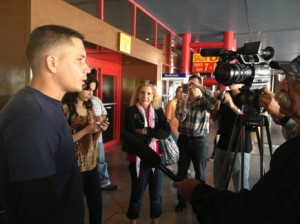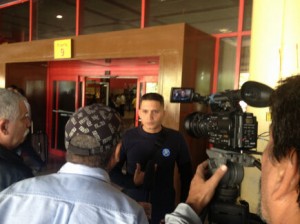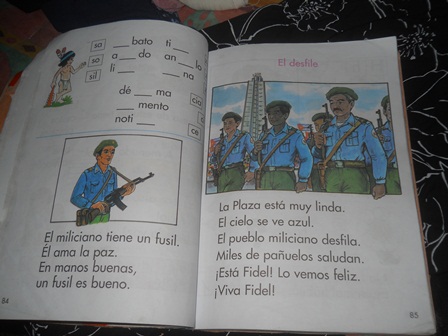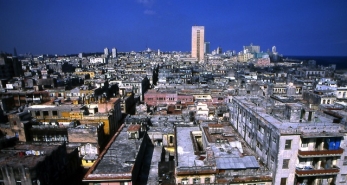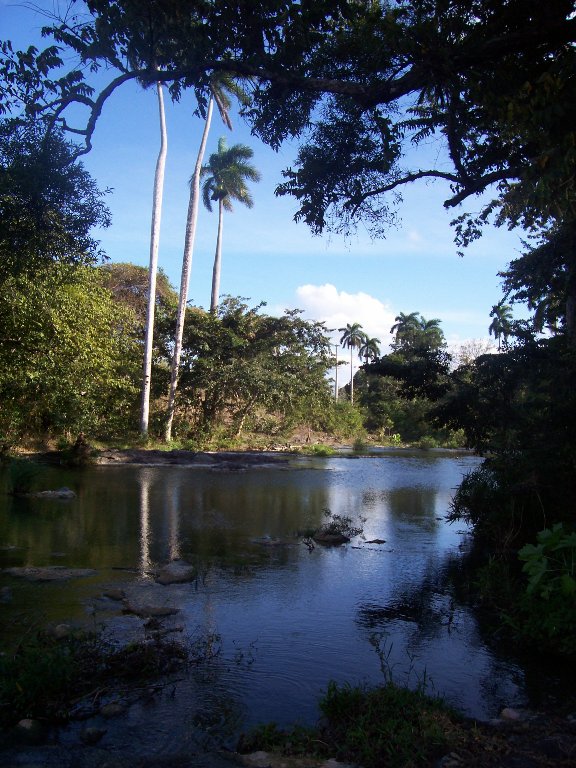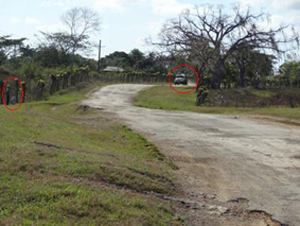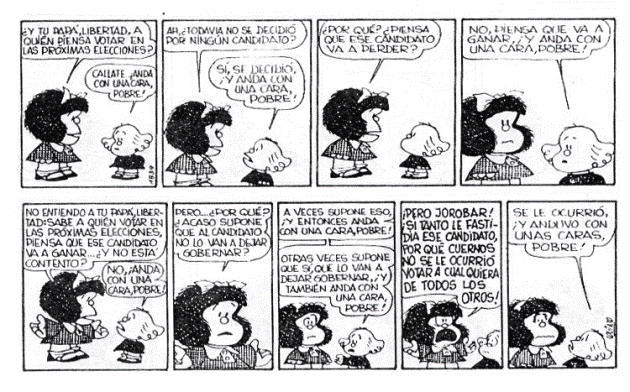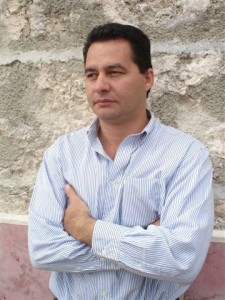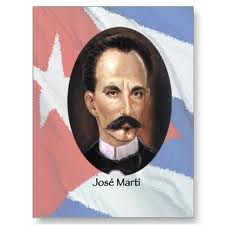The imminent election and the omnipresent allusive propaganda, makes me dwell on what might the way in which democracy is manifested, not only in speeches television spots, but what the citizenship itself feels, as an entity that looks out for its interests and listens to their concerns and demands.
If arrogance and testosterone were not so abundant within the government (make no mistake, all those women who are candidates are bit players; in fact the majority are also), a candid look back would be enough to confirm the need to oxygenate or reinvent the People’s Power National Assembly.
With this fear of losing power retained for so many years, more than half of the current and future members, hold high positions in other areas of the party or the government, or both, and with the desire for island democracy they propose to represent unknown places, with those who don’t even have a job, to have a comprehensive slate for the election.
The work of the committees is not televised, but in these fleeting moments when the National Assembly meets, what we see is a chorus, which more than a reaffirmation indicates mediocrity. This conglomerated unanimity shouldn’t make decisions that affect the national life, this happy world far from the contradictions, but mostly far from the people they are so fond of invoking.
As to dream is also to live looking forward, I follow with interest the evolution of social networks, and with some good ideas taken from Open Government, it is evident that a tool like Twitter is perfect for the exchange (synergy sounds nice)between those elected and their voters. Despite the time they’ve stolen from us, the Internet will arrive for everyone, and the political interaction via 2.0 must be present.
The difficulty of the endeavor is its attraction. It would be great for us to shake off the apathy, and to hold neighborhood meetings warmed by opposing views, where the ablest and not the most loyal (to the Party) are nominated, where the votes are divided, the nominations are open and a Mr. Nobody with an attractive project can unseat a minister; where a student proposes that, in accordance with the labor laws, our octogenarian historical leadership retire. And all without one neighbor accusing another as being a mercenary or provocateur. Is it possible to make Cuba a country difficult to govern, without becoming ungovernable?
February 2 2013

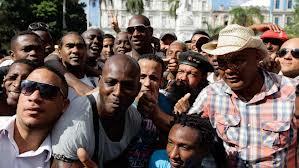


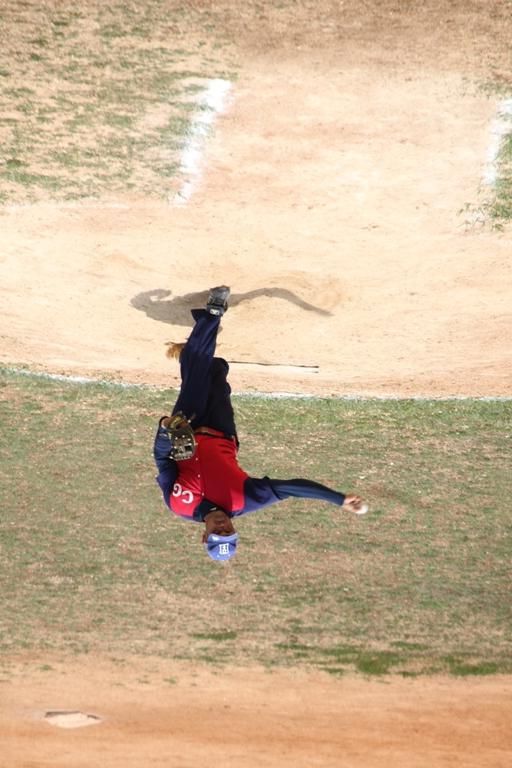
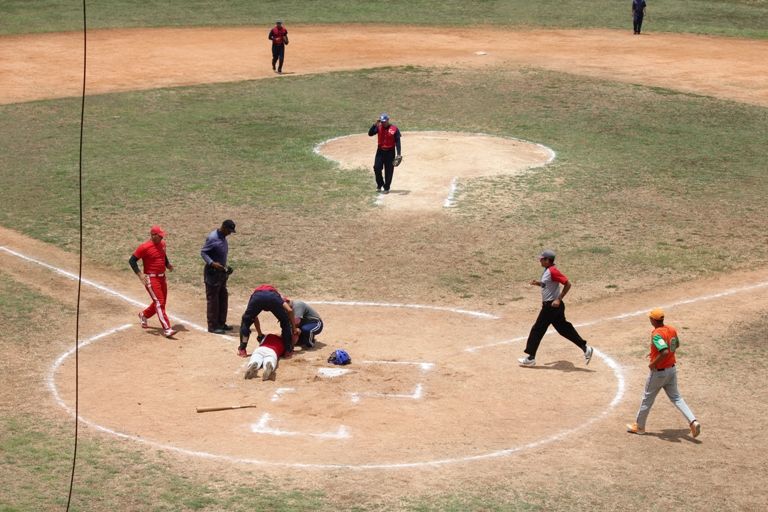
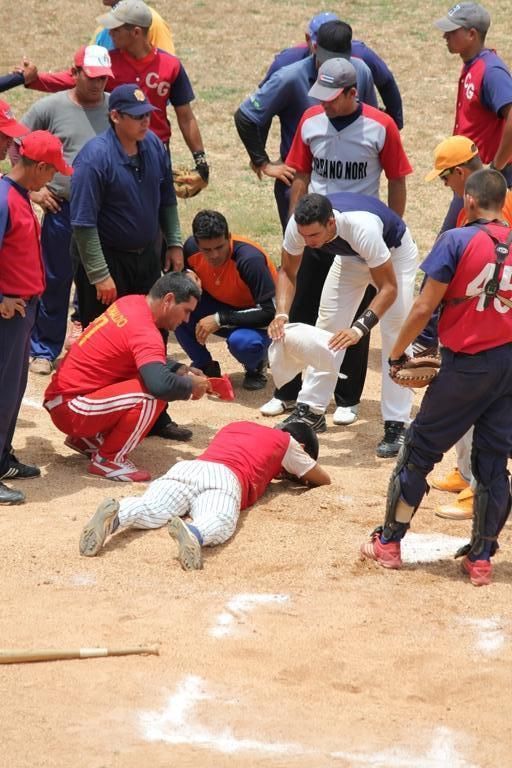
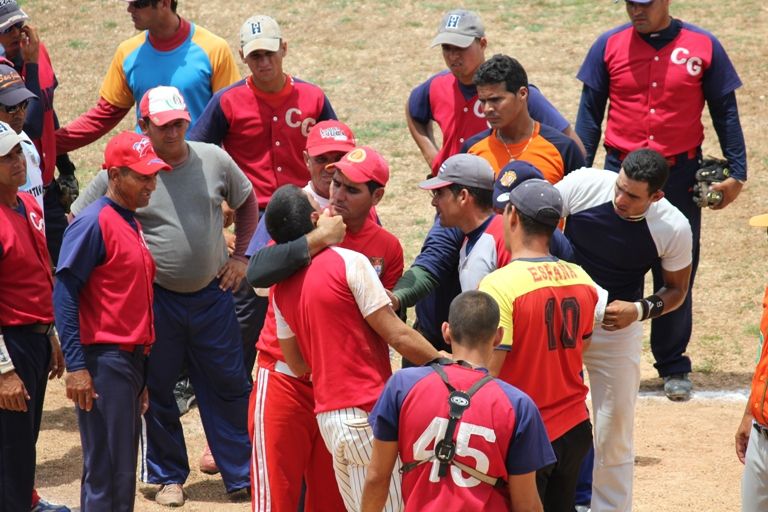
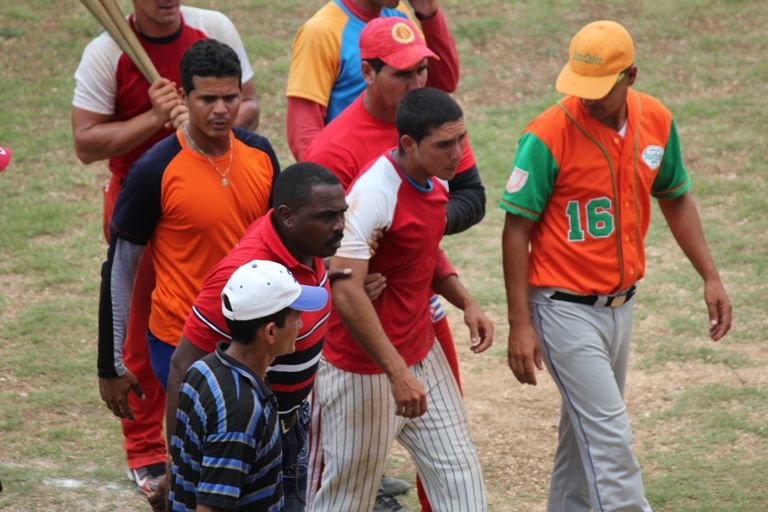 All photos: Luis Felipe Rojas
All photos: Luis Felipe Rojas